Skiiandme
TPF Noob!
- Joined
- Dec 15, 2016
- Messages
- 21
- Reaction score
- 9
- Location
- Cebu, Philippines
- Can others edit my Photos
- Photos NOT OK to edit
Hey guys! I'm new to this forum, and most definitely new in Photography. I did not go to a photography class or any training schools. I have very small knowledge on photography nothing more than adjusting Aperture, ISO, and Shutter Speed and using Nikon D60. I have a little background on using Photoshop and art so I let the editing enhance the photo to look good like adjusting contrast, saturation, and etc. as well as using dodge and burn. I just do photography as a hobby or just a way to enjoy myself, Photography is my way of doing ART.
But as a Broke College Student, I can't use anything else other than the Pre-owned Nikon D60 with its Kit lens AF-S DX NIKKOR 18-55mm f/3.5-5.6G VR Lens that I bought. I have been using this for a week and a half now and I enjoy taking interesting photos with it. But, I just want to ask, "Are kit lenses good for photography? (your opinion)". I have taken mostly photos with studio lighting (a lamp shade) and close up with the subjects and it was good. But, what are the good sides of the kit lens? What are its limitations? like what types of photos can a kit lens take, What type of photos a kit lens can't take (for sure kit lenses can't take wide photos).
P.S. I'm not familiar with photography technical terms.
Below are sample photos I took and edited of course; though not the best, I am proud of these. hahaha


But as a Broke College Student, I can't use anything else other than the Pre-owned Nikon D60 with its Kit lens AF-S DX NIKKOR 18-55mm f/3.5-5.6G VR Lens that I bought. I have been using this for a week and a half now and I enjoy taking interesting photos with it. But, I just want to ask, "Are kit lenses good for photography? (your opinion)". I have taken mostly photos with studio lighting (a lamp shade) and close up with the subjects and it was good. But, what are the good sides of the kit lens? What are its limitations? like what types of photos can a kit lens take, What type of photos a kit lens can't take (for sure kit lenses can't take wide photos).
P.S. I'm not familiar with photography technical terms.
Below are sample photos I took and edited of course; though not the best, I am proud of these. hahaha


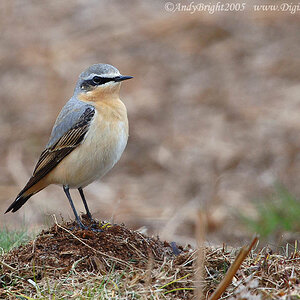
![[No title]](/data/xfmg/thumbnail/34/34144-52e7a5d3e3908ae808afeabfe86fffdc.jpg?1619736317)
![[No title]](/data/xfmg/thumbnail/42/42021-ffc326f5dc5b4c65ce53935e6e9e4338.jpg?1619739980)
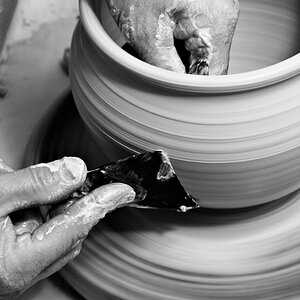
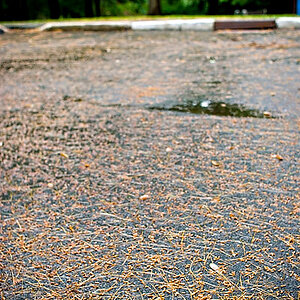
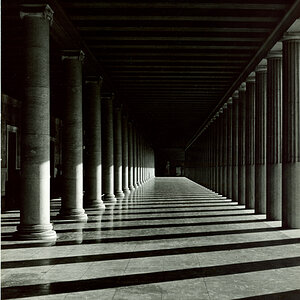
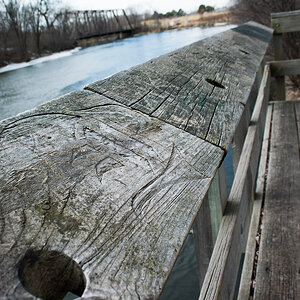
![[No title]](/data/xfmg/thumbnail/39/39440-bc17565eb7adee7f9859c53933e8543c.jpg?1619739033)
